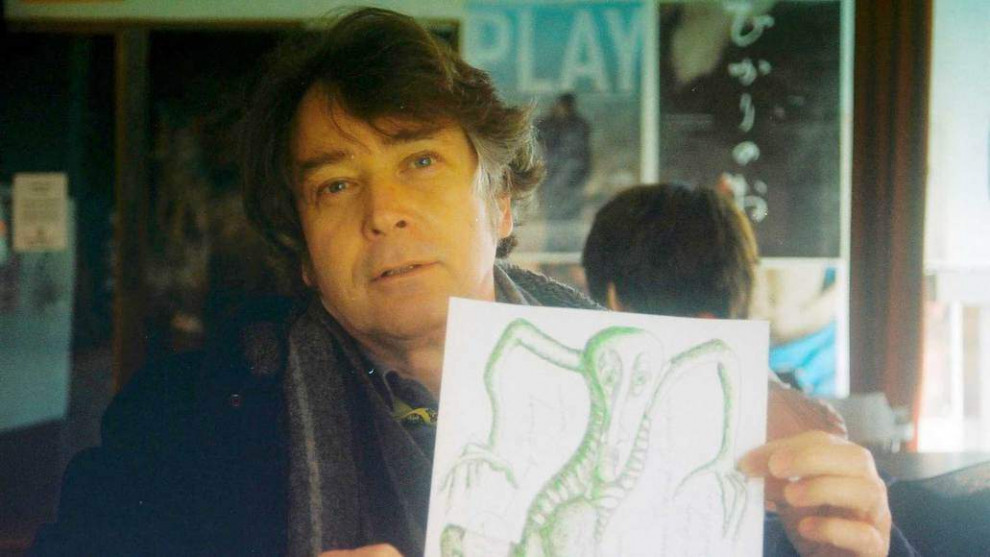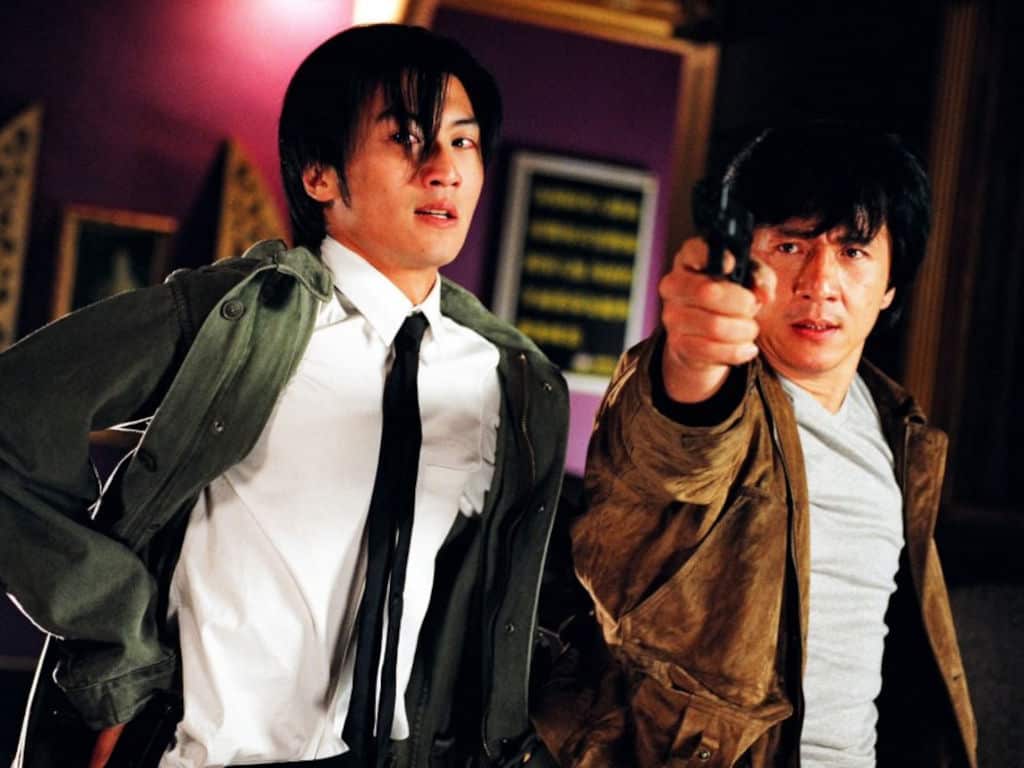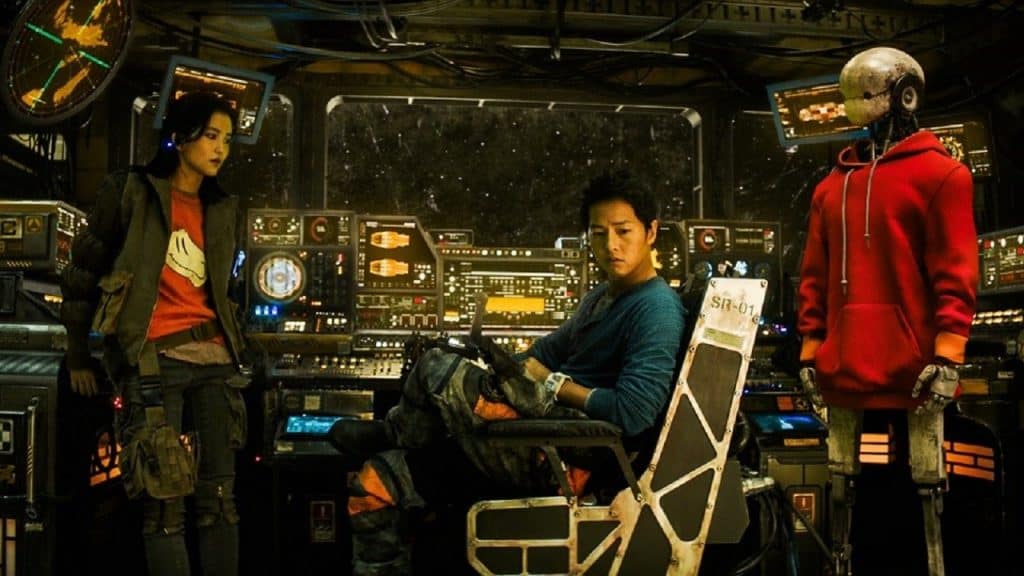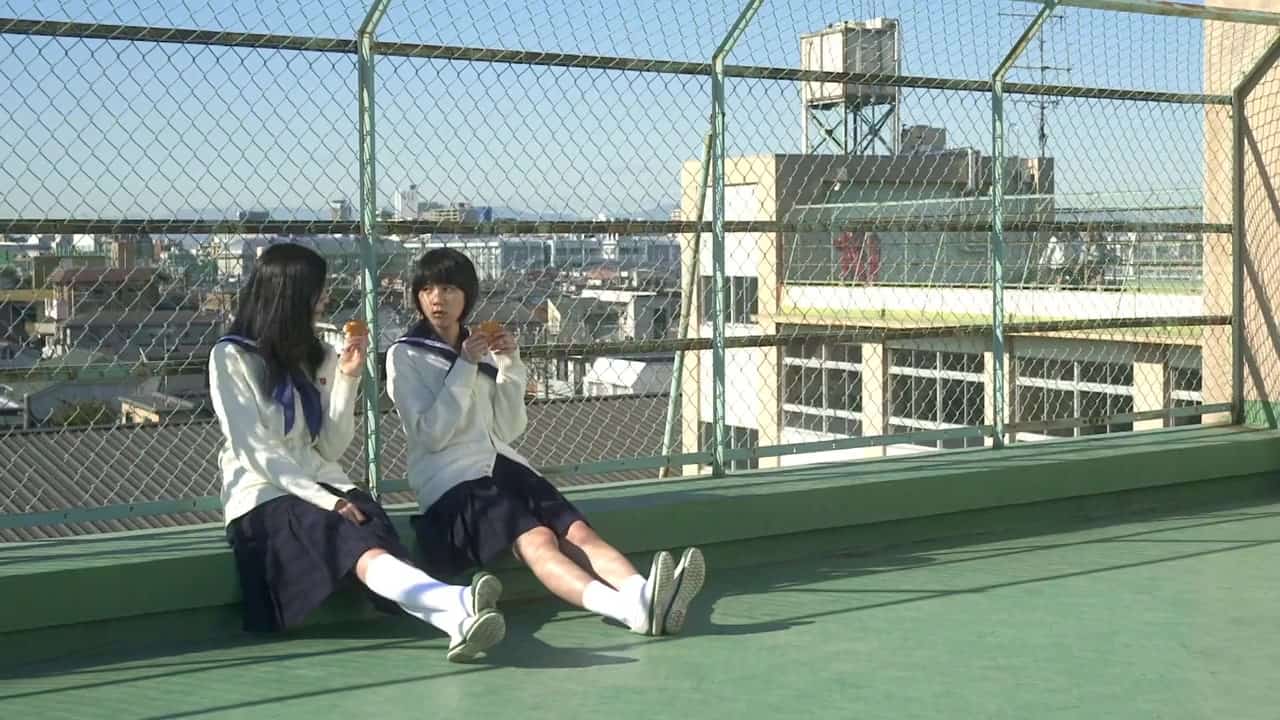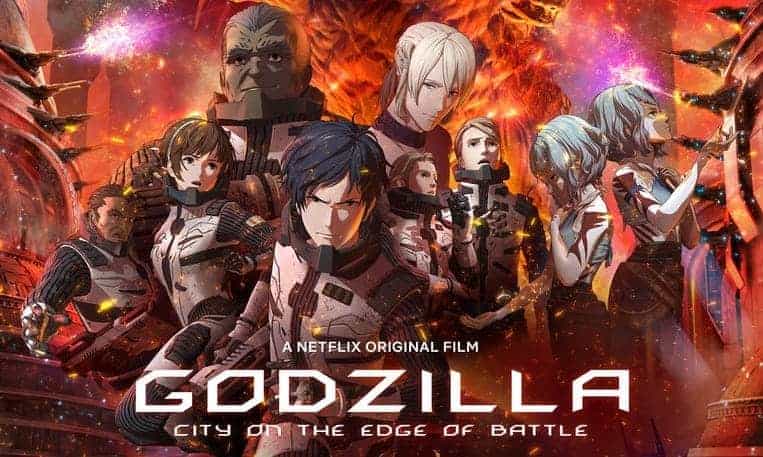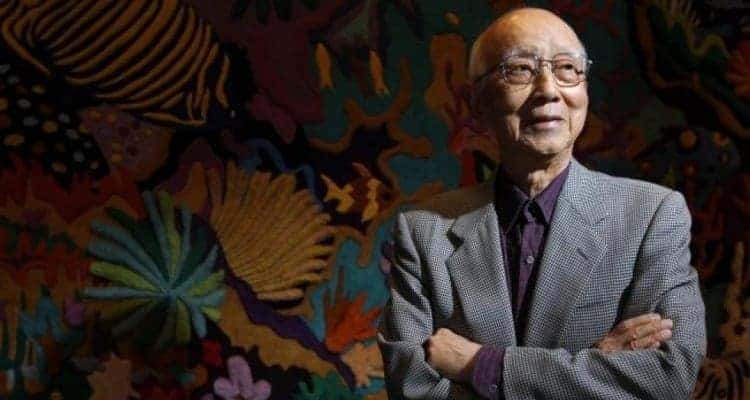Gertjan Zuihof has worked as an art historian, film critic and film festival programmer. One of those programs – a workshop with young African filmmakers – brought him for the first time to Songzhuang in 2010. This first collaboration with the Li Xianting Film Fund and Film School was followed by several other formal and informal projects like the Home Town Home exhibition in fanHall in 2012. Zuilhof travelled for the Rotterdam Film Festival for 25 years or on his own in South East Asia and Africa. His most recent project was curating an exhibition with artists from Burma.
On the occasion of our #TheKhavnProject, we speak with him about his career, programming for Rotterdam International Film Festival, the festival reality after the pandemic, and of course, Khavn.
You are both an art curator and a film programmer. What are the differences and what the connection between the two?
The way I do it, there are all kinds of differences and connections. Most of my exhibitions have a clear relationship with cinema. I ask artists that are interested in film or even make movies and I ask filmmakers that are interested to work in defined time and space. So in some of my film programs or some of my exhibitions, I work with the same people.
Making an exhibition is a bit more work since it is a kind of producing as well and you have to have closer contact with the artist or filmmaker.
The trick is, like with a lot of things in life, to start in time.
In your years working in the movie industry, what are the most important changes you have witnessed?
For a programmer, there are in fact no principal changes, just a lot of practical ones. There is no difference in selection of a film (on celluloid) or a film (digital), only that in digital times it all became more because it became easier. So, you get more entries since you can do it from behind your computer to any festival in the world.
So more, but that is not change.
Can you give us some details about your work as a programmer for IFFR? How does the selection process for the festival work?
Since a few years I m no longer working for IFFR, but I did it for 25 years. Also in my time there were different ways of selecting, in a committee or more individual, but basically it depends on the part of the program. A prestigious competition will have the hands of many people on it and a special program can be made by an individual programmer.
Because you have a lot of entries nowadays, you need quite some people to view all that. I think there is a tendency in some festivals to no longer do their own research, no longer travel and look for films, since they can easily fill their festival with that what is being sent to them.
I would say that is a real danger.
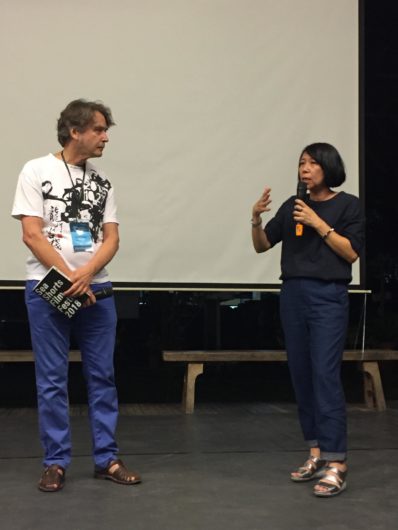
How did the particular interest for Asian cinema came about?
I have an interest for all cinema (and for a lot more things than just cinema). I have worked with European films, American and African ones. My work in Asia dates from the last twenty years and started when a director, Simon Field, left Rotterdam. He did Asian films, so there was an opportunity. I started to research South East Asian cinema because nobody else did it and after a while, I started to love the cinema, the traveling, the beaches etc. more and more.
When you are searching for movies, are there some particular elements you are looking for?
Well, there are things you avoid and there are things you know without seeing them, because you know the director, in the end you hope to find a surprise. A film by a new talented person you did not hear of yet, but that touches you. A first film that makes you want to see the second one and the next.
How did you end up programming Khavn's films? How were the audience's reactions to his films?
I will tell you an anecdote. Once his work was discussed in a Hubert Bals Fund meeting (the Rotterdam fund for filmmakers from developing countries). The committee was very hesitant. Somebody said that during the last festival, Khavn's two films ended up as the very last and for last in the audience poll.
I argued that if it was one film at the bottom it was maybe bad or too extreme for the audience, but if you have two, then it means the audience were insulted on purpose. This filmmaker knows what he is doing. It is not bad but experimental and consciously provocative.
I like Khavn's films because you can say things like that about his work
I made a big South East Asia program for Rotterdam in 2005 and he was the first I found: he was the only one who had a website and before I set foot in the Philippines, I had seen all his movies.
How would you describe Khavn's cinematic style?
Khavn has no style. He made a 100 movies in 100 different styles, or more since a Khavn movie can have more styles than one.
Khavn is not interested in one specific style. He has more than style, he has an encyclopedia of visual, verbal and musical expression.

How would you describe Khavn as a person?
If you look at his wild, over the top, outside presentation, he could be the front man of a forgotten punk band or a professional show wrestler, but just imagine the inside as the opposite.
To make movies you have to be organized. He is organized. Not wild. He is a good loyal friend and from what I can see, a warm father.
How do you think the pandemic will influence cinema and particularly festivals? How was the situation in Rotterdam this year, on that regard?
In Rotterdam there was no pandemic yet and also not in Berlin (although I remember Jia Zang-ke telling that he could hardly get out of China, so it was close).
Anyway, now the influence is huge, because there are no festivals and with theaters and football stadiums, they will be the last to reopen.
Hard to say something about the future. If they find a cure it will soon be business as usual. If they do not find it, the festivals will have to reinvent themselves or become an internet channel, but we do not need so many channels.
How is IFFR preparing for this new reality for its next edition?
Next edition still far away, so I guess they stay hoping. Cannes hoped until the very last minute.
The real issue is that a festival is an event on a place. Like Rotterdam. When you do an internet festival, you have no place since it is the world wide web.
I see festivals struggling with that (like Cannes), but Rotterdam always had an internet presence and channel etc. So the transition will go more naturally.
What are your personal plans for the future?
I hope my future can be like my past. I hope anytime soon I can take a night bus again in Japan, make an exhibition in Myanmar, finish my cardboard cartoon exhibition in China, make a film program in Taiwan and do a residency in Indonesia.
If all that is not possible, I will write another script, set in Okinawa or Sabah.


